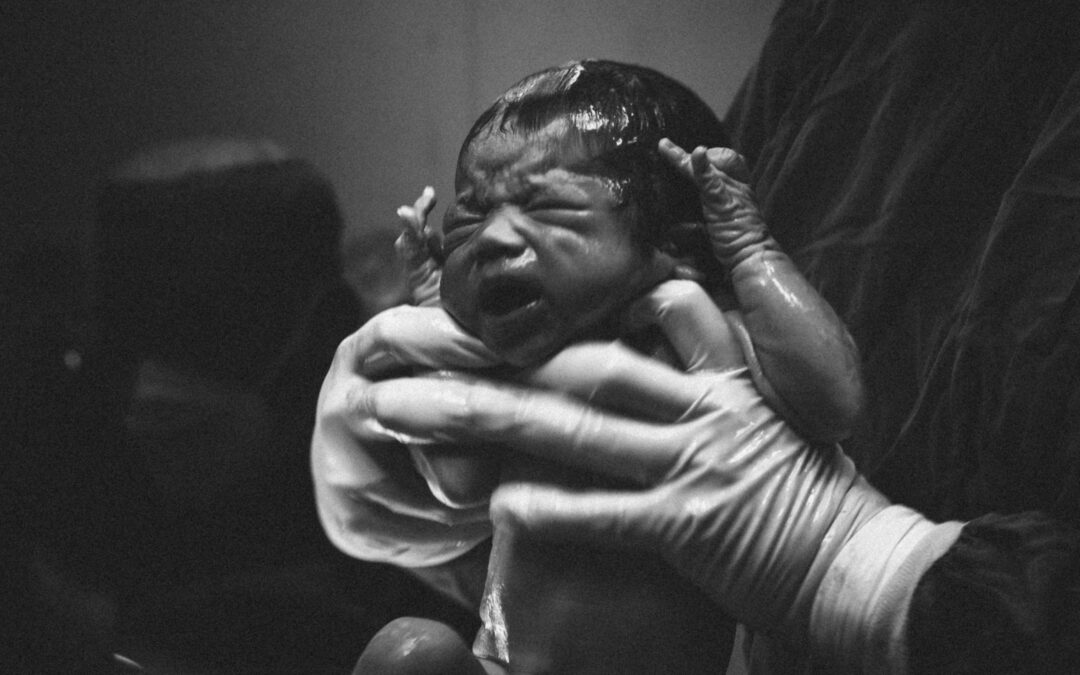The cough released in a cry introduces us to the world over whose persistence our days will waft and eddy. A decade and a half later, we exhale and our vocalizations crack. At an altar, a sigh says “I do.” Anxious, we hyperventilate; shocked, we gasp; frustrated, we exhale through puffed cheeks and creased lips. At some point, breath, the continuity of our draft, rattles free of earth’s gravity and our dust.
From Job: “Oh, remember that my life is a breath! …For my days are but a breath.” (Job 7:7, 16). From David: “Behold, you have made my days a few handbreadths, and my lifetime is as nothing before you. Surely every man stands as a mere breath! Surely a man goes about as a shadow! …surely every man is a mere breath!” (Psalm 39:5,11). And James: “…you are a vapor that appears for a brief time and then vanishes” (James 4:14).
Air may be invisible, but its presence makes the visible world worth seeing. Breezes may be transitory, but they make otherwise stifling moments refreshing. Immediately after David acknowledges every man as a mere breath, he pleads: “Hear my prayer, O Lord, and give ear to my cry” (Psalm 39:12). The remarkable thing is not the ethereal nature of our being, but that God inclines himself to notice us—to feel our infirmities and sighs, our gusts and chortles; to hear our prayers, silent or uttered.
This week, may we live in faith; that is, may our lives ascend before God as prayers for nothing more than his favor.

